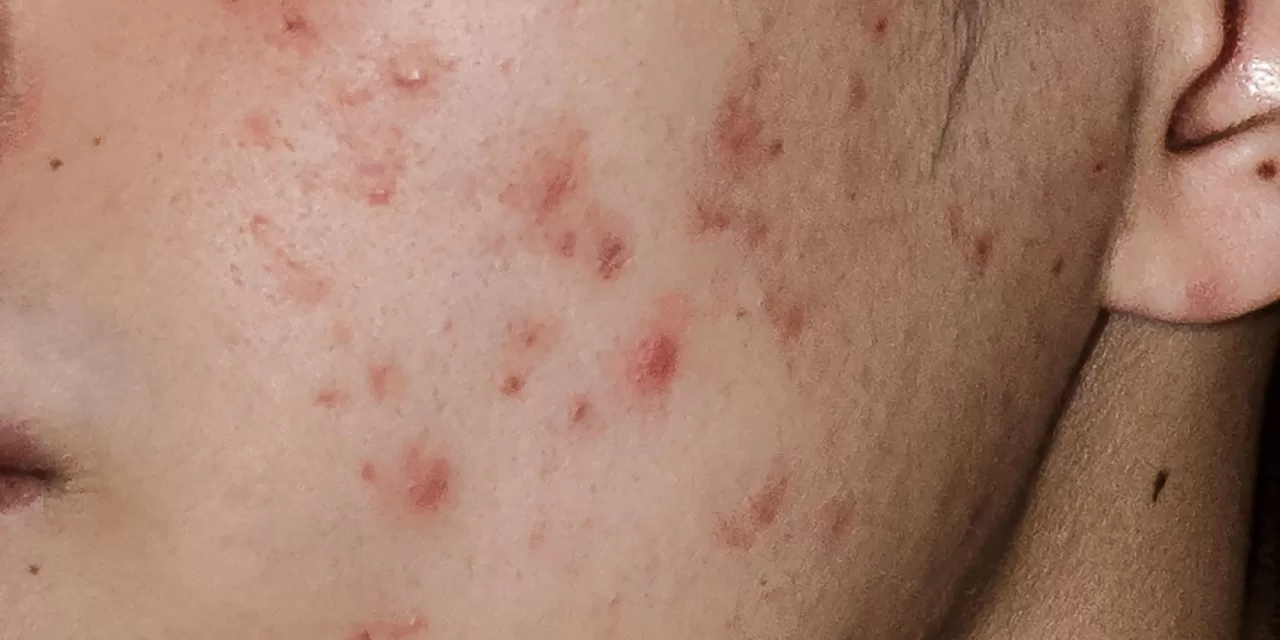A groundbreaking study from researchers at Mass General Brigham has unveiled valuable insights into the recurrence of acne after treatment with isotretinoin, the only FDA-approved medication known for inducing long-term remission in severe acne cases. The study, published in JAMA Dermatology, highlights key factors that contribute to acne recurrence and offers new strategies to minimize the likelihood of relapse after treatment.
Isotretinoin, often marketed under the brand name Accutane, is highly effective in managing severe, persistent acne that has not responded to other treatments. However, a notable proportion of patients experience a return of acne even after completing a course of isotretinoin, necessitating additional treatments such as oral antibiotics, spironolactone, or even another round of isotretinoin. According to the study, approximately 20% of patients face acne recurrence after treatment.
The study, led by Dr. John Barbieri, MD, MBA, of Brigham and Women’s Hospital’s Department of Dermatology, found that women were more likely to experience a recurrence of acne compared to men. The risk was also higher for patients who had taken lower cumulative dosages of isotretinoin. Interestingly, the researchers discovered that daily dosage levels were not predictive of acne recurrence. Moreover, increasing the cumulative dose beyond 220mg/kg did not provide additional benefits in reducing recurrence.
“These findings emphasize the importance of individualized dosing regimens,” said Dr. Barbieri. “As long as the required cumulative dose is met, both lower and higher daily dose regimens can be effective. This flexibility allows clinicians to tailor treatment to each patient’s unique goals and preferences, balancing the risks and benefits of isotretinoin.”
The study, which analyzed data from over 19,000 patients who had undergone at least four months of isotretinoin treatment, revealed that 35% of the participants needed additional acne treatment within a year, with 22.5% requiring oral medications and 8.2% requiring a second course of isotretinoin. The data also showed that while women were more prone to relapse, they were less likely to receive a second course of isotretinoin, suggesting potential gender differences in treatment approaches and patient preferences.
Overall, the study’s findings offer clinicians a better understanding of how to manage acne recurrence after isotretinoin therapy and suggest that personalized dosing may improve long-term outcomes for patients.
For more details, refer to the full study: Jenny Lai et al, Acne Relapse and Isotretinoin Retrial in Patients With Acne, JAMA Dermatology (2025). DOI: 10.1001/jamadermatol.2024.5416.












